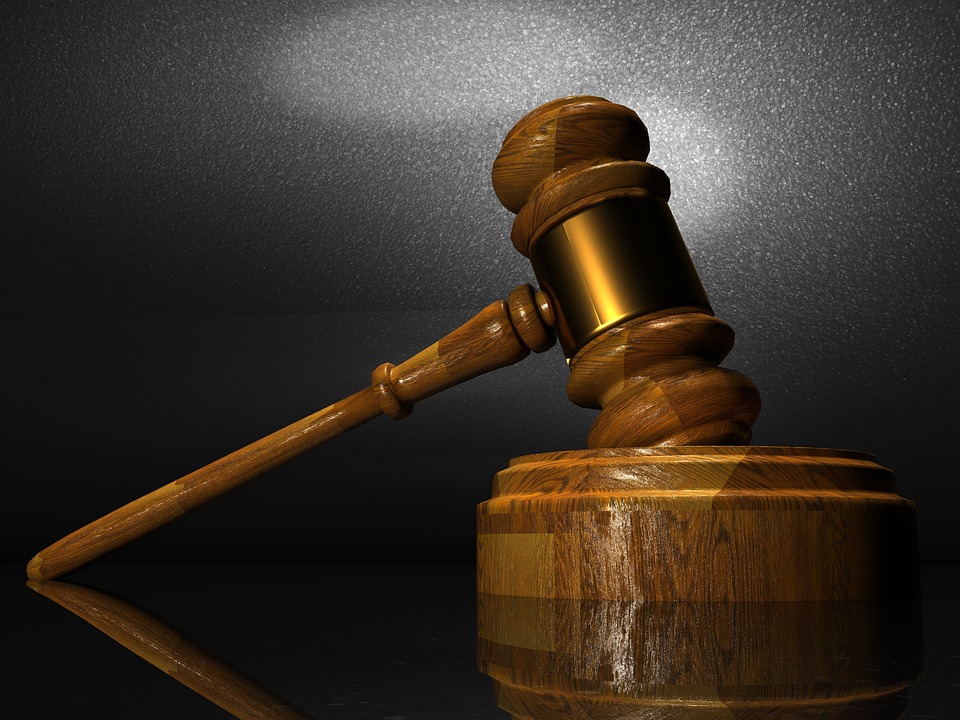Punishment can be used to teach children about things
that are not good to do. Bad behavior deserves punishment. Below are a few
things you can do so that the goal of giving punishment is achieved.
Punishment should be done if the child does something
that you think is dangerous. In addition, you have forbidden it, but he still
does it. These actions include:
1. Hit a friend who touches his toy.
2. Encourage friends because they want to seize their toys.
3. Taking other people's belongings without permission.
Beforehand explain to children that hitting, pushing, and
taking the belongings of friends will make them sad and even hurt. If he does
that you will give him a punishment.
Things that need to be considered when punishing a child
are:
1. Avoid punishing children when you are angry. Take a
deep breath, move to another room and drink water. Let the anger subside so
that you can think more clearly.
2. Never physically punish such as hitting, kicking or
snatching. That action, in addition to violating the rights of children will
also make children traumatized
3. Never punish by scolding, berating, and using language
that hurts him
4. Don't punish a child in public that will make him
embarrassed.
5. If you give him a time-out place him in a place he
doesn't like, for example, sitting in a chair in the corner. Time is one
minute. So that your toddler knows how many minutes it is, set an alarm, which
will signal if the time-out is over.
Proper Punishment for Toddlers
Punishing children is an unpleasant thing, but sometimes
it is inevitable. Actually, there is a right way to do it. What is clear,
hitting it is very wrong.
Most of us do not like to punish children. On the other
hand, when you are tired, and the child continues to be fussy or stubborn, the
temptation to tweak, shout loudly (complete with all the expletives that cross
the head) or, hitting it feels hard to hold. Patience, it is punitive to have
art.
You must know that punishing the wrong way can have a big
impact on the child. Physical punishment cannot be justified at all.
1. Consider the consequences. Physical punishment makes
children like helpless people, who can not say no and must obey. If we hit a
child, for example, we like dropping his pride. Our sudden burst of emotions
can have a long impact. That action is very contrary to our goal of educating
him, so that he has a strong foundation of life to be independent and have
confidence.
2. Besides, if our child hits, he will lose his trust in
us. In fact, all this time he sees us as people who always protect. Imagine,
how would he feel if all this time he was always involved in discussions about
various things, but when he disobeyed, our hands flew to his body.
3. Physical punishment can make a child physically hurt,
afraid, angry, and keep a distance from us. With all these feelings, it is not
impossible, the child instead becomes a fighter and acts aggressively because
he cannot accept our treatment.
Alternative punishment. If a child acts outrageously, the
punishment certainly still needs to be given. There are various alternative
forms of punishment, as follows:
1. Leave the child for a while.
2. Do not allow him to do the things
he wants.
3. Ask him to stay in the room for
some time. This method is suitable for children over the age of three years,
who can already receive punishment as a consequence of his actions.
4. For a two-year-old who is entering
the age of a rebel, there is a way. The usual way is to let him calm down, if
for example he does not want to be quiet and thrashed. After he is calm, give
praise and let him get what he wants.
5. Use words. Convey firmly, concisely
and densely your disappointment to him. Don't repeat your words. Once your
objections are raised and the child accepts and shows remorse, the conflict
needs to end immediately so that your relationship with your child is sweet
again.



0 komentar: